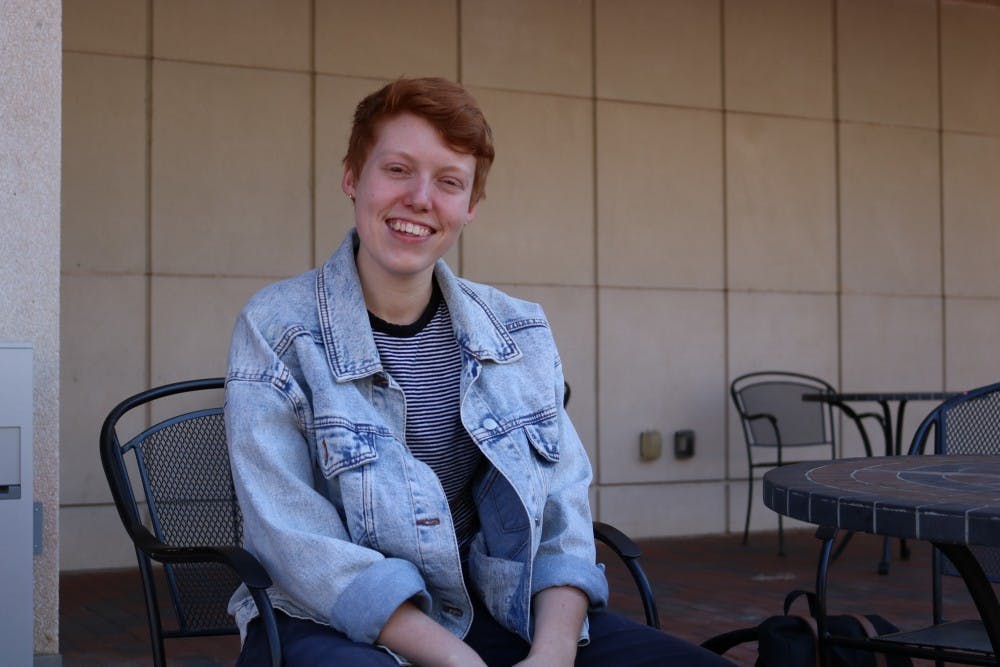This legislative session in North Carolina has already seen its fair share of bills about LGBTQ+ rights — from repealing HB2 to banning gay marriage — but the gay rights movement didn't always have its roots in policy initiatives.
LGBTQ+ culture, as it developed in North Carolina, in many ways took a different form than it did in the North. Gay bars and cruising locations, places where men could meet other men, existed in North Carolina, but a different form of community-building became more popular.
“So far, what I've been finding in North Carolina is that there weren't as many of those bars and parks in the 50s and 60s, so people began to rely more on gathering in each other's homes,” said Isabell Moore, a field scholar at the Center for the Study of American South’s Southern Oral History Project.
Joe Herzenberg, Chapel Hill Town Council member and the first openly gay elected public official in North Carolina, elaborated on this same sort of community gathering in a 2000 interview with the SOHP.
“She (a lesbian member of the group) cooked this pasta supper and people — we asked people to give contributions, we didn't ask for anything specific — we said $5 if you could afford it or something like that, and then we gave the money to gay or lesbian groups that needed it,” Herzenberg said. “And we eventually were raising about $2,000 a year, you know, it wasn't a big deal, but it was nice.”
Herzenberg’s “Stonewall Dinners,” named after the 1969 riot commonly credited with kicking off the LGBTQ+ rights movement, began in the early 1980s and only lasted for a few years, but formed a broader fabric for the social circles of the day.
When Joseph McCarthy's “vice raids” targeting gay people swept across the nation in the 1950s, the outcomes in Northern and Southern communities looked very different. In the North, Moore said, these raids generally shut down bars, cementing the gay community from one based on identity to one based on political interests.
Meanwhile, in North Carolina, the scattered network of social circles stuck around. When a Greensboro grand jury indicted 32 men on account of homosexuality in 1957, police didn’t simply shut down a bar — they appeared at people’s homes, an event now known as “the purge.”
The gay rights movement largely followed the Civil Rights Movement, and the two were deeply intertwined, Moore said.



